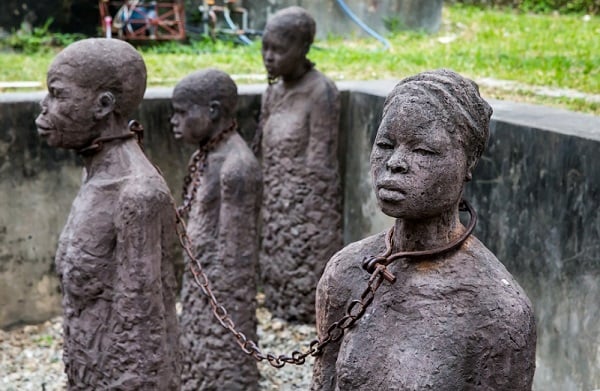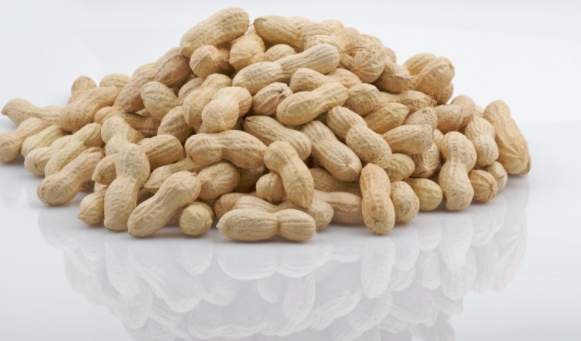'Genetic impact' of African slave trade revealed in new DNA inquiry
A new DNA study has given fresh insight into the genetic consequences of slavery on millions of Africans who were traded to the Americas between the 16th and 19th centuries.
Surprisingly, Nigerian ancestry in the US and Latin America was over-represented in the latest study than previously thought when compared with the recorded number of enslaved people from Africa.
It had been estimated that over 12.5 million Africans were traded between 1515 and the mid-19th century, with some two million enslaved men, women, and children dying en route to the Americas.
In the study, published in the American Journal of Human Genetics, 23andMe, a consumer genetics firm, examined more than 50,000 people of African ancestry on both sides of the Atlantic.
Advertisement
Comparing genetic results with slave ships to see how they agree, some findings confirmed history on where people were taken from in Africa and where they were enslaved in the Americas.
It revealed, in accordance with the major slave routes, that most Americans of African descent have roots in territories now located in Angola and the Democratic Republic of Congo (DRC).
There was an over-representation of Nigerian ancestry in the US and Latin America alongside an under-representation of Senegal and The Gambia, unlike records of enslaved people therefrom.
Advertisement
For the numbers on Nigerians, the research attributed it to intercolonial trade occurring between 1619 and 1807, where the enslaved were transported from the British Caribbean to other areas.
However, they attributed the under-representation of Senegal and The Gambia to the realities that saw many work in rice plantations where malaria and other dangerous conditions were rampant.
Part of the discovery also made by the study was that a bias towards African female contributions to the gene pool among the enslaved across the Americas had an impact on the modern gene pool.
This they attributed to the rape of African women and other sexual exploitation by slave owners, with up to 17 African women for every African man contributing to the gene pool in Latin America.
Advertisement
Racial whitening encouraging immigration of European men, “with the intention to dilute African ancestry through reproduction,” was also cited, albeit, with less bias in British-colonised America.
According to them, coercing enslaved people to have children towards maintaining an enslaved workforce nearing the abolition of the transatlantic trade opposed the mixing of different races.
Photo credit: Sergey Anashkevitch|Aquatek –fil|Livejournal.com
Advertisement
Add a comment







